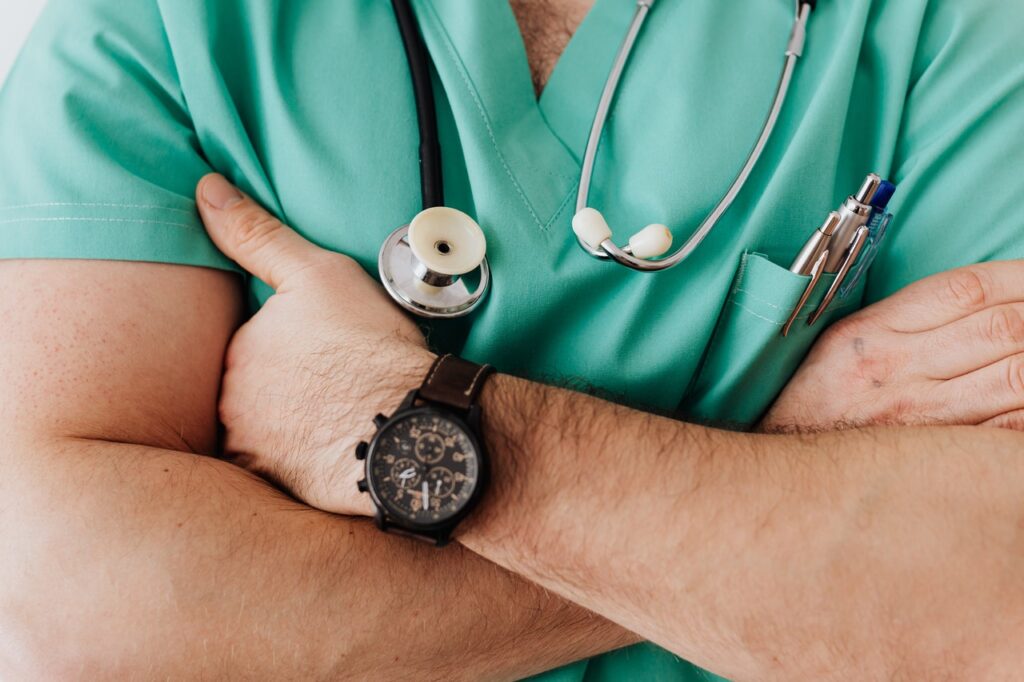Consuming a nutritious diet is essential for maintaining good overall health. However, it’s crucial to be aware that certain foods can be detrimental to your kidneys, especially if you have kidney disease or are at risk of developing it.
To support healthy kidneys, incorporating fresh vegetables, fruits, whole grains like brown rice or whole wheat pasta, and lean proteins such as chicken breast or fish without added fats is essential for maintaining a kidney-friendly food plan.
Now that you understand the importance of a healthy diet for your kidneys, this article will provide insights into foods to avoid and recommended best practices.
While many foods are rich in essential vitamins and minerals, some can have adverse effects on your kidneys. If you have kidney disease, it’s vital to work closely with your doctor to assess the potassium, phosphorus, and sodium content in the foods you consume. Excessive intake of these minerals can lead to health complications. Your doctor may even recommend a specialized diet to maintain these minerals at healthy levels in your body.
Specific foods to avoid if you have kidney problems or if you’re aiming to maintain a kidney-friendly diet include:
- Processed Meat Consumption: While meat is a good source of protein and iron, it can also be high in cholesterol. If you have kidney stones or are prone to them, it’s advisable to limit your consumption of red meat. Processed meats like hot dogs and bacon also contain nitrates that can potentially harm the kidneys if consumed regularly.
- Excessive Alcohol Consumption: Alcohol is known to cause dehydration as it acts as a diuretic, leading to increased urine production while suppressing appetite and causing abnormal kidney function. Alcohol can increase the risk of kidney stones and may even result in constipation. It’s best to limit alcohol intake to less than one drink per day (1-2 glasses) if you are at risk of high blood pressure or heart conditions. Additionally, monitor caffeine intake, keeping it to less than 300mg per day (1-2 cups), as excessive caffeine can also lead to dehydration. Some individuals may experience bloating and discomfort from carbonated drinks, so it’s advisable to avoid them if possible.
- Processed Food: Processed foods, including white bread, pasta, refined grains, canned, and frozen items, tend to be high in sodium and sugar, which can lead to kidney problems.
- Dairy Products: While dairy products are a common dietary choice, they can increase the calcium content in your urine, elevating the risk of kidney stones. Additionally, dairy foods contain oxalic acid, a substance that can potentially harm the kidneys. It’s recommended to limit daily dairy consumption to two servings.
- Salty Food: While the body requires salt for proper functioning, excessive salt intake can lead to high blood pressure and contribute to heart disease or stroke. It’s important to maintain a moderate salt intake by avoiding processed and canned food products that can be detrimental to kidney health. Steer clear of salty foods such as chips or pretzels, as they often contain high amounts of sodium chloride, which can raise blood pressure over time, even with just once-a-day consumption. Sodium chloride can also cause inflammation in the body’s arteries, increasing the risk of atherosclerosis (hardening) due to its effect on platelets and contributing to cholesterol plaque buildup in artery walls, which can lead to cardiovascular disease or stroke.
- Sugar-Sweetened Beverages: Sugar-sweetened beverages like soda, energy drinks, and sweetened juices have been linked to chronic kidney disease due to their high fructose content. Fructose is metabolized differently in the body, taking longer to break down and use for energy, which can lead to kidney damage.
- Sugar: Sugar is known to be one of the most harmful foods for your health. It can cause blood sugar levels to spike and potentially damage your kidney health. Elevated blood sugar levels are associated with diabetes and kidney disease. Moreover, excess sugar consumption contributes to weight gain, increasing the risk of type 2 diabetes, the most common form of the disease.
- Milk Chocolate: Milk chocolate is high in sugar and phosphorus, which can elevate the risk of kidney damage. If you have kidney problems, it’s advisable to avoid milk chocolate. For a sweeter treat with less sugar and more nutrients, consider opting for dark chocolate. Dark chocolate contains more antioxidants than regular milk chocolate and has fewer calories per ounce (1 tsp vs. 2 tsp).
Some foods contain oxalates, which can harm the kidneys, especially for individuals with diabetes or conditions affecting kidney blood flow. Examples include carrots, spinach, and beets. Although the body naturally filters out oxalates through urine, this process isn’t entirely effective. Therefore, it’s important to avoid these foods if you are at risk of developing kidney disease.
To maintain optimal kidney health, adhere to these best practices:
- Limit sugary drinks: Consume no more than one serving of soda or fruit juice per day.
- Choose foods with a low glycemic index (GI): Low-GI foods cause fewer blood sugar spikes than high-GI foods. Examples of low-GI foods include vegetables like broccoli, carrots, and sweet potatoes; fruits like blueberries and strawberries; whole grains such as brown rice or quinoa; nuts and seeds like almonds and walnuts; and lean meats and fish without added fats or oils, such as chicken breast.
- Moderate alcohol consumption: Minimize alcohol intake if you have kidney problems, as excessive alcohol consumption can harm the kidneys.
In conclusion, remember that your health is your responsibility, and the best way to protect your kidneys is by maintaining a healthy diet. Embrace good health practices and consult your doctor for personalized recommendations to safeguard your kidneys










Leave a Reply